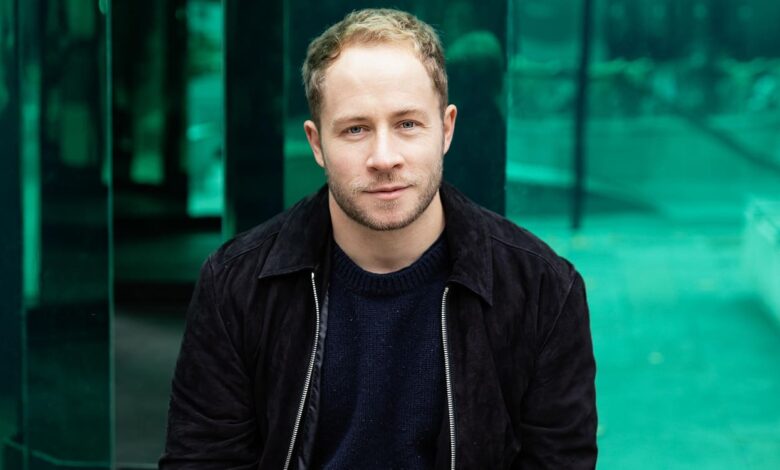Meet Cleo, The British Fintech Using AI To Close In On Unicorn Status

Cleo founder and CEO Barney Hussey-Yeo
Suddenly, all eyes are on the UK’s artificial intelligence businesses. This week’s announcement that Wayve, the British self-driving car start-up, has raised $1 billion in Europe’s biggest ever AI deal, has focused attention on who might be next. And one name on many people’s radars is Cleo, the financial advice business founded by Barney Hussey-Yeo in 2017.
Ironically, Britons themselves may be unfamiliar with Cleo – while it initially aimed to crack the UK, Hussey-Yeo quickly realised the US was a more promising market, at least in the short term. It shut down its UK service in 2020 and has focused exclusively on the US ever since – though a return to home shores is promised this year or early in 2025.
Cleo certainly has things in common with Wayve, including shared investor Balderton Capital, which was an early backer of Cleo and has committed significant funds to the company. It’s also London-based and has deployed proven technology in a rapidly growing market.
Indeed, if anything, Cleo is further down the road to commercialisation, with some 600,000 paying customers already signed up in the US – and more than 10 times as many using free versions of the app. That has seen it lauded by analysts such as Sifted, the Financial Times-backed web site, which has described Cleo as “the only European fintech that’s cracked the US”. Forbes itself has also identified the business as one to watch – Cleo made our Next Billion-Dollar Startup ranking last year.
Today, Hussey-Yeo is determined to capitalise on these early successes. “We want to be the AI service for financial services,” says Hussey-Yeo. “Our ambition is to get to more than 1 billion customers.”
Cleo is essentially a digital assistant that gives users advice and feedback on how they’re managing their finances. Using tools such as ChatGPT, the assistant speaks to users in natural language. A “roast” feature, for example, makes fun of users for spending profligately; a “hype” feature cheers them on when they make progress. The app can be used for better budgeting, for support with saving and for broader financial education. More recently, Cleo has also introduced credit products such as cash advances.
“Our view is that in the near future, you’re going to have these digital assistants in every part of your life,” explains Hussey-Yeo. “We’re going to be the one you turn to for help with your finances.”
Cleo’s success in the US paves the way for global expansion, he adds. “The US doesn’t have the same sort of social safety net as the UK, so people needed much more help during the Covid pandemic,” he explains. “And we’re focused particularly on 18-36 year-olds, who are particularly tech-savvy in the US and also more willing to provide access to their data if they feel they are getting something in return.”
Indeed, Cleo is effectively built on the open banking revolution, which has seen American banks provide access to customers’ account data – with their permission – to third parties that can then offer other advice and services. Almost two-thirds of US bank accounts are now connected to at least one fintech.
The rapid advance of open banking across Europe in recent years, including in the UK, gives Cleo an opportunity to make a big splash in these markets too. “We have a chance to change how a generation thinks about financial services,” says Hussey-Yeo, pointing to the need to improve on the low levels of financial literacy that characterise many European markets.
AI tools provide the potential to do that at scale, Cleo believes, particularly following the very rapid acceleration of generative AI and large language models over the past two years. “The technology really works for this application,” says Hussey-Yeo. “You can drive very good outcomes from these models.”
To date, Cleo has raised just shy of $140 million, including an $80 million round that it closed in July 2022, which was led by Sofina Capital. That has helped swell the company’s workforce to more than 200.
That most recent raise valued the company at around $500 million – not bad for a British company that most Britons will not have heard of. But the next raise could see Cleo achieve unicorn status. For now, however, Hussey-Yeo says he has no plans to return to investors – the company’s cash-generative business model clearly provides Cleo with an extended runway. Indeed, the company is in touching distance of profitability, he says.



